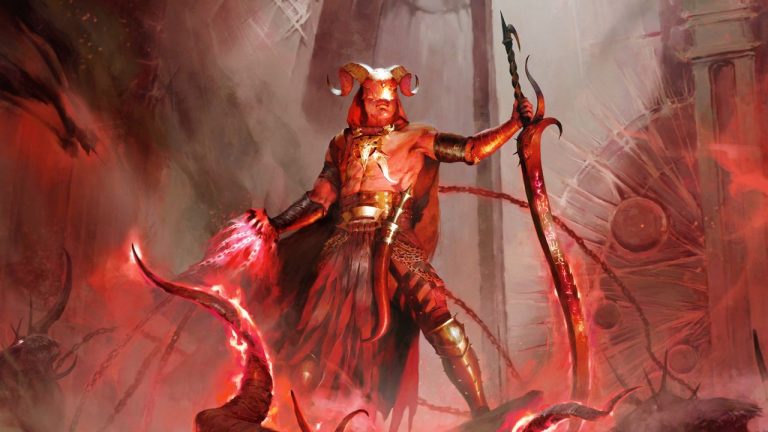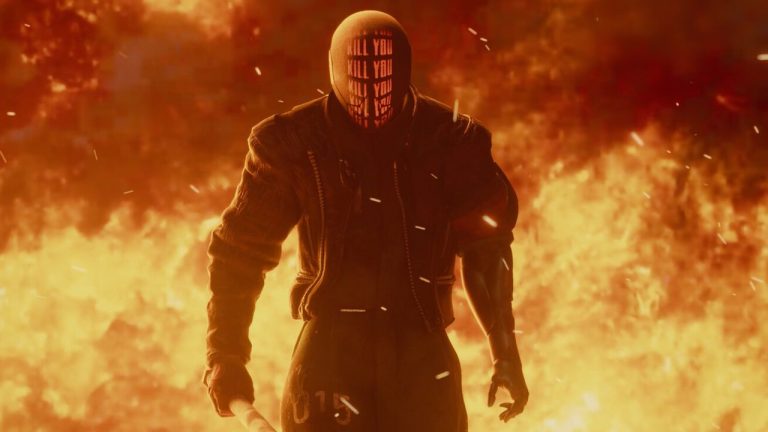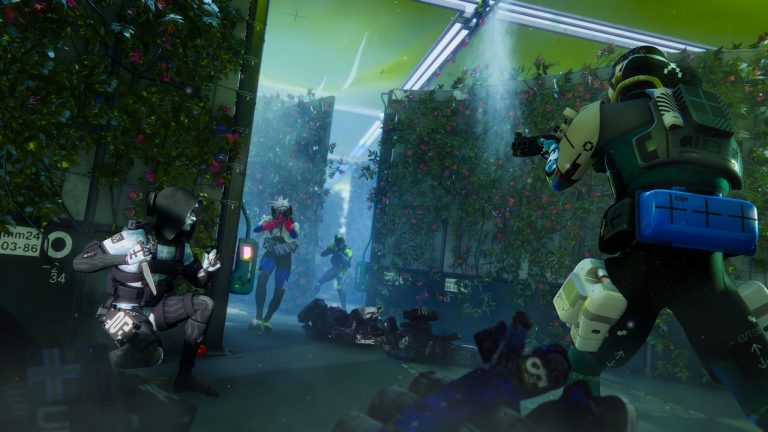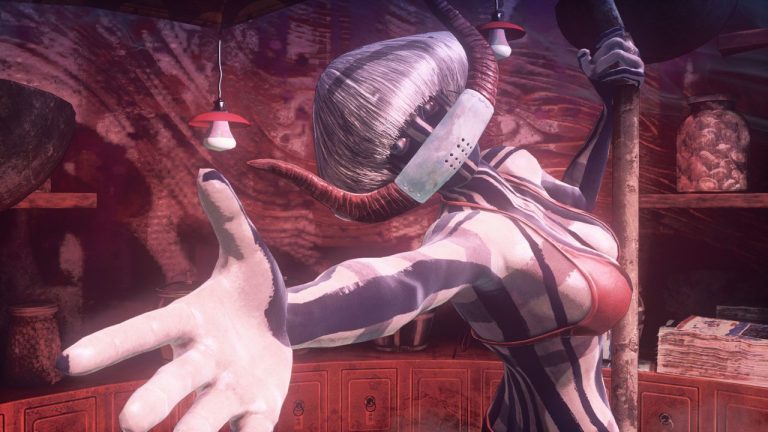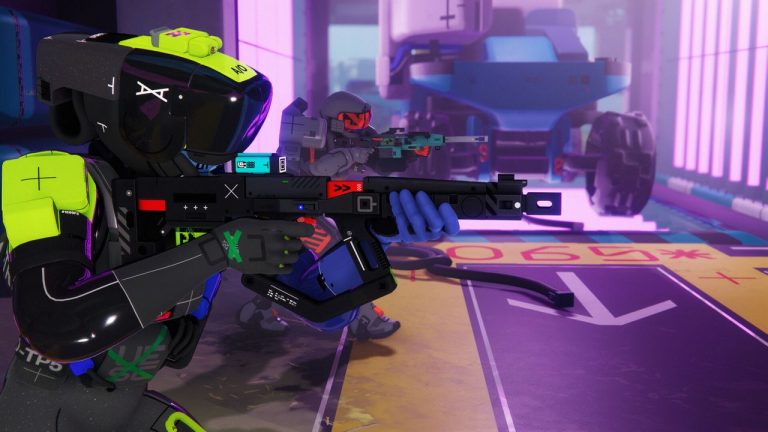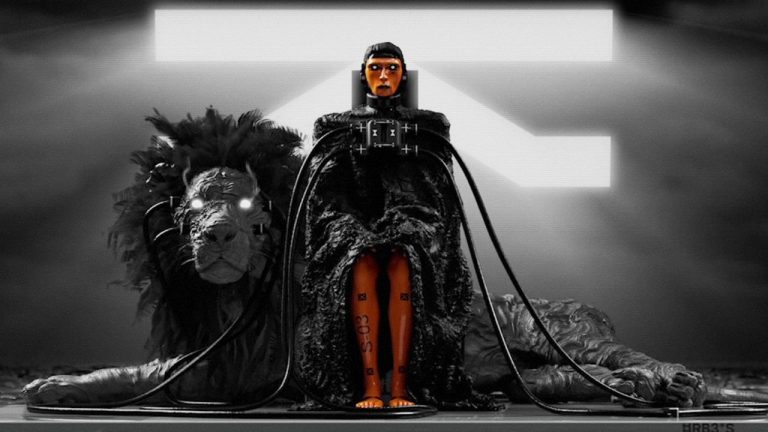The Elder Scrolls 6 is coming, and we’re all very excited about it, despite the fact that from a public perspective it currently exists only as a vague concept. Anticipation is good for developers—certainly better than nobody caring about what you’re getting up to—but in this particular case it might present a problem for Bethesda. In a recent interview with Kiwi Talkz, Bethesda veteran Bruce Nesmith says it will be “almost impossible” for the game to meet the expectations of fans.
Bethesda’s big problem in this regard, according to Nesmith, is that it’s had what one might call a hell of a run with huge open world RPGs, going back more than 20 years through The Elder Scrolls and Fallout series and peaking with Skyrim, which remains a landmark game. It’s also still immensely popular, drawing thousands of concurrent players daily on Steam alone despite having originally come out in 2011. That’s not exactly a new revelation, but interesting to hear it from someone who worked at Bethesda for decades.
“The fans who want to buy Elder Scrolls 6, their expectation is going to be almost impossible to meet,” Nesmith said. “And marketing departments just put their heads in their hands and weep at this. Because it’s like, ‘Okay, if it isn’t perfect, it doesn’t get a 95-plus on Metacritic, we’re a failure’.”
Nesmith, who knows a thing or two about rising expectations—he’s best known as the lead designer of Skyrim, but his credits at Bethesda go back to Daggerfall in 1996 and run through Oblivion, Fallout 3 and 4, Fallout 76, and Starfield—said that’s why Bethesda puts so much effort into trying to manage those expectations: “Elder Scrolls 6 is undoubtedly going to be an amazing game, but it’s going to be compared to all the previous games that Bethesda made.”
Bethesda has already run up against the wall of insurmountable expectations with Starfield, which by most measures was good but not great. That’s resulted in a sub-60% user rating on Steam and a general sense that the game was somehow a failure—or at the very least, a fumble.
Todd Howard attributed much of that to the fact that Starfield is “different than you’ve seen from us in the past,” which you can debate as you see fit. But it does indirectly highlight the fact that the next Elder Scrolls game is facing even greater expectations. Starfield gets some slack because it’s a new thing, but Elder Scrolls 6? That’s the next Elder Scrolls game.
All that pressure isn’t entirely a negative. Nesmith said the weight of Bethesda’s legacy is “a blessing and a curse,” because that high bar means the development team will be given the resources it needs to try to clear the bar. And, he added, it’s hardly unique to Bethesda.
“Imagine for a moment that you work at Larian Studios,” he said. “They just released Baldur’s Gate 3, and now they’ve got to make another game. What are the expectations going to be on that studio’s next project? Larian was not a studio that was uppermost on everybody’s mind, didn’t fall off the lips of the vast majority of people buying videogames … They weren’t what everybody considered to be a top-tier publisher. Well, guess what? They are now. They’re on the map now, and that means the expectations are sky high for them.”
At least it’s not something Bethesda has to worry about right away. We don’t even know what the full title is or where the game will be set at this point, much less have a guess at a release target. Extremely optimistically, it could be out sometime in 2026, but personally I wouldn’t be surprised if we don’t see it until sometime closer to 2030.



